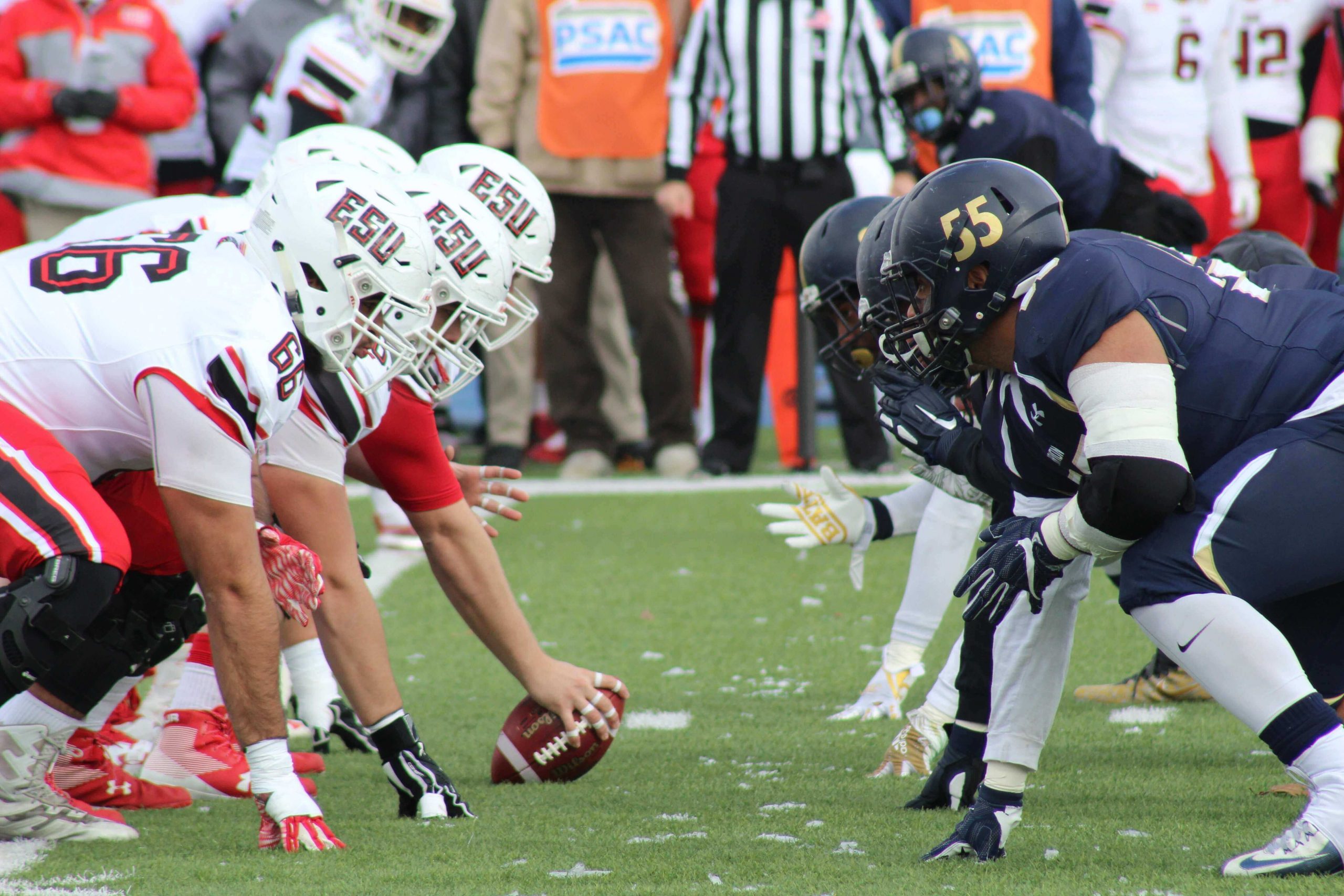How Sports Betting Could Revolutionize The US Sports Industry

The past few years have seen some major developments take place in the American sports industry; the NBA has fully embraced eSports with its NBA 2K League, and NFL team the Miami Dolphins have “officially” adopted Litecoin as their designated cryptocurrency. However, it’s the events that are currently taking place off the fields, courts, racetracks, and pitches that may hold the key to ensuring the future growth of the US sports industry.
ad
Towards the end of the last decade, the practice of real money sports betting in the US became fully legalized in a number of states, meaning that sports fans could place bets on their favorite teams and games in sportsbooks across the country, not just in Nevada. In 2019, iGaming (an umbrella term referring to real money practices like online sports betting, online casinos, online poker, online slots, etc) emerged as a lucrative and economically powerful marketplace, and it’s showing no signs of slowing down any time soon.
Dubbed the next American Gold rush in the world’s press, sports betting in the US is big business and this article will break down the ways in which it could revolutionize the sporting industry in the US, particularly when it comes to the potential on offer in the online market.
The history of sports betting in the US
ad
From 1992 to 2018, the practice of sports betting – whether in retail locations and sportsbooks or online – was banned under the PASPA (Professional and Amateur Sports Protection Act). The federal ban meant that only four states were able to allow sports betting inside their borders: Delaware, Montana, Nevada, and Oregon.
As sports betting grew to become a lucrative industry in other countries and continents, particularly with the rise of online sports betting in the US during the middle of the last decade, casinos, sports leagues, and states began to plead the case to legalize the practice on US shores. With a number of international iGaming platforms providing offshore betting options to US residents, as well as an array of unregulated betting “skins” accessible online, revenues were still being made on the practice, but the US economy wasn’t rapping any of the benefits.
It was the state of New Jersey that first challenged PASPA, making oral arguments at the Supreme Court in late 2017. The following year, May 14th, 2018 to be exact, the Supreme Court formally reversed the ban, striking down the Professional and Amateur Sports Protection Act with a vote of 6-3.
However, rather than issuing federal legalization of the practice, the Supreme Court instead granted each state the power to allow sports betting in the US and other real money gaming practices within its borders.
Consequently, there are now a total of 15 states that have legalized sports betting, with a further 5 having passed legislation since late 2019 (Tennessee, Montana, North Carolina, Washington, DC, and Colorado).
Of those 15 states, at present online sports betting in the US is only legal in the following:
- New Jersey
- Pennsylvania
- Indiana
- Nevada
- Iowa
- West Virginia
- Rhode Island
- Oregon
- New Hampshire
The state of the industry
Despite still being a relatively young industry, with a limited presence across the country, sports betting in US revenues have increased by over 200% from January 2019 to January 2020. A total of nine states formally released information about their sports betting revenues for the month of January 2020, which included total revenue of $133 million for that month alone. The total betting handle (wagering spend) also went up, increasing to $1.74 billion in January 2020.
It’s clear that the industry hasn’t even reached its full potential yet, but a month on month revenues are consistently growing. With Tennessee, Michigan, Illinois, and North Carolina expected to launch full sportsbooks, including online sports betting facilities, later this year, on average sports betting in the USA will be available to 34.1% of the US population. The projected financial and economic impact will be massive – per capita, averages suggest that it will generate $416 million in annual revenues, $50 million of which would be taxes.
Around 12 other states are also considering adding sports betting during the current year’s legislative session, including California and Florida. Widespread legislation would only lead to exponential growth; according to research by the American Gaming Association, the countrywide sports betting market in the USA could add an additional $22.4 billion to the gross domestic product. Total economic output for the industry could reach as much as $41.2 billion annually, with over 200,000 new jobs being created, and total local taxes of around $8 billion.
How would this benefit sports in the US?

Reaching an additional 12% or more of the country’s population doesn’t just benefit the sportsbooks and casinos involved, it also gives sports leagues and teams within the country a significant boost. That’s an extra 39.9+ million people who could become more actively involved in supporting and following sports if they aren’t already.
Appealing to new demographics will be essential to ensuring that fan engagement and support continues to grow year after year. Allowing diehard basketball fans the option to place March Madness bets online, as well as stream content if they aren’t able to physically get to basketball arenas, for example, will ensure existing fan loyalty. Meanwhile, strategically timed promotions, such as the free bet promotions currently offered by UK bookmakers for major events like the Grand National and Cheltenham Racing Festival can appeal to brand new demographics, motivating casual sports observers to get more involved.
In terms of monetization, the increased reach could lead to four of the major sports leagues in the country (National Basketball Association, Major League Baseball, National Hockey League, National Football League) earning an additional $4.2 billion from sports betting (source: American Gaming Association).
The National Basketball Association, for example, could gain $585 million revenues in sports betting in the US, while the NFL could stand to earn an increase in revenue of as much as $2.3 billion. Collectively, and for those four leagues alone, the figures include around $596 million generated from advertising revenue from gaming services, and $89 million generated from data and video content revenue – both key areas that major league sports in the country are increasingly more reliant on.
ad


Comments are closed.